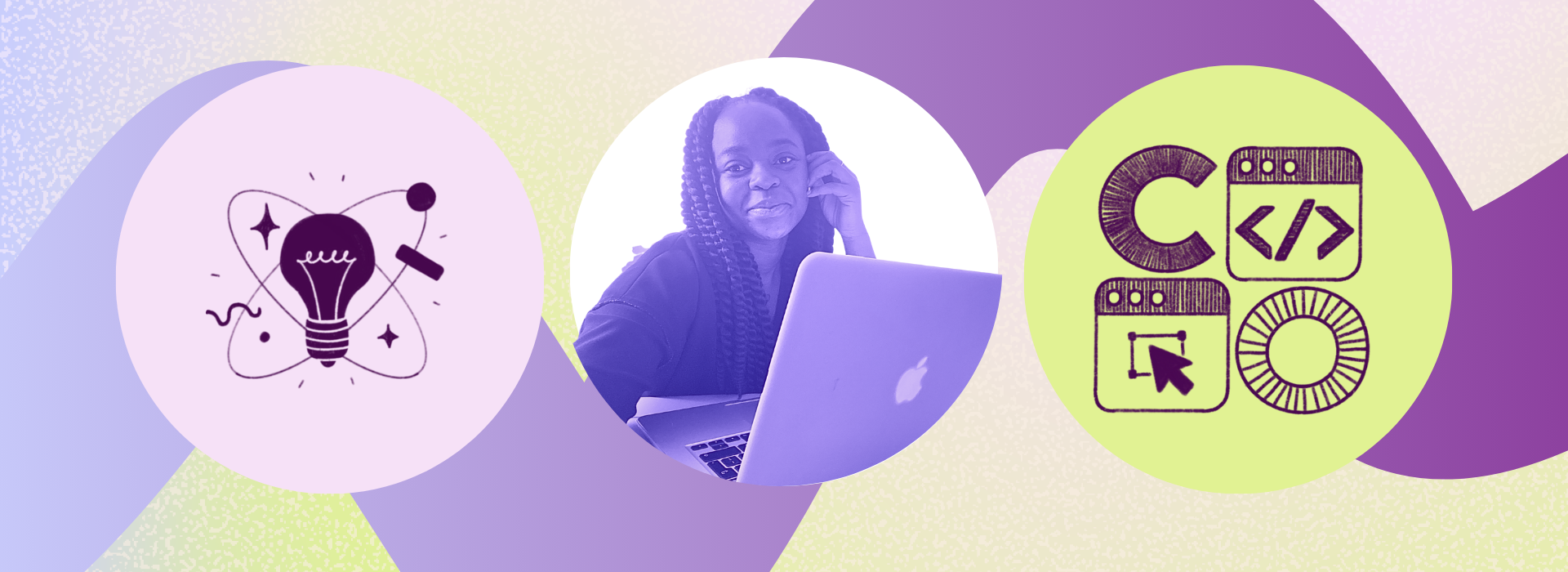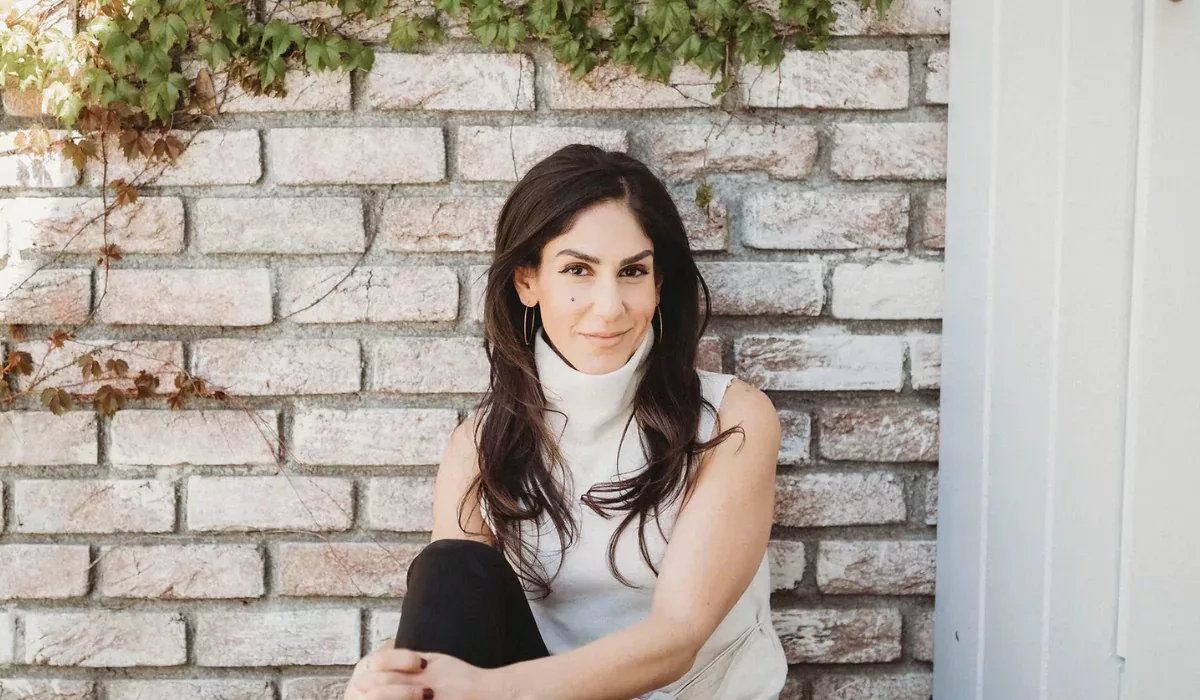
The time I almost asked ChatGPT to ‘fix’ my poem
Hello… is it me you’re looking for… *cries in Lionel Richie*
If, like me, you’ve found yourself looking for your pre-AI era brain, then keep reading for a tell-all on how I lost my voice as a writer for a hot sec and how I am joyfully reclaiming it.
I’ve always been someone who preferred writing to speaking as a communication style: writing epistles in birthday cards (check ✅), putting together a detailed presentation on why I needed more freedom to my parents (check ✅) and admittedly and controversially seeing a missed call and responding to the call with my famous ‘hey sorry I missed your call what were you calling about?’ text (infinity times check ✅). Yes, yes… talking is nice or whatever, but I love being able to think about exactly what I want to say, writing it out and looking over it and editing it before I send it out to the world.
So you can imagine my absolute delight back in 2022 when AI writing tools appeared on the scene. It was like the universe finally understood my text-first-talk-later philosophy and handed me a magic wand. I was working at Creative Commons and we were neck-deep in conversations about how emerging tech would shape our future, but even with all that future-gazing, I don’t think any of us were ready for the warp-speed shift that was coming.
At first, it was glorious. I could dump my brain onto a page, ask my robot friend to “make it sound professional,” and poof, a perfectly structured, grammatically flawless masterpiece appeared. It felt like I had discovered a life hack of epic proportions. I was working smarter, not harder. I was a productivity genius. I was unstoppable.
But then… a weird thing started happening.
I’d read back a draft I was playing with and get this niggling feeling. It sounded smart, sure. It was clean. But it didn’t sound like me. The little quirks, the slightly-too-long sentences, the very specific and probably odd analogies, they were gone.
My writing had been put through a high-end juicer and all the pulp (all the good stuff!) had been strained out.
My public-facing voice was becoming meh. I was starting to sound like every other “thought leader” in my feed and frankly, it was totally draining.
And it turns out I wasn’t just imagining this content fatigue. A 2025 report from Sprout Social that surveyed over 4,000 consumers, 900 social practitioners and 300 marketing leaders validates this feeling with some hard numbers. When consumers were asked what makes brands stand out on social media, the originality of their content and how they engage with followers were the #2 and #3 reasons, respectively. So, putting out perfectly polished content all the time misses the very ingredients people actually crave.
But the final straw and the moment that really shook me came from an unexpected place. See, I mentioned above that I love writing — one of my first and most personal forms of writing has always been poetry. One afternoon last autumn, I caught myself red-handed. I had a poem I’d written, something I’d agonised over for a few days, something deeply me and my cursor was blinking. I was about to ask ChatGPT to ‘improve’ it.
That was my “oh hell no” moment. I realised that in my quest for efficiency, I was letting the tool lead the dance (not on admin but with poetry which I love 🤯) and my own strategic voice was getting lost. So, I staged an intervention with myself. Here’s the game plan I developed to reclaim my voice over the past 6 months and lead the tool (not the other way around) and you can totally steal it.
- Start with voice, not a prompt. This felt counterintuitive for a writer-not-a-talker, but it’s been a game-changer. Instead of starting with a blank page and asking AI to generate ideas, I open a voice note app and just talk. I ramble about my idea for a post or an article. That messy, imperfect, um-filled transcript is now my authentic starting point. (Here’s a guide on how you can transcribe your voicenotes on iPhone.) From there, I can strategically use AI as a sparring partner to help me spot repetition, check the flow or suggest a different way to phrase a single sentence, all without losing the soul of the piece.
- Write naked. (Get your mind out of the gutter.) I mean writing without any digital safety nets. No spell-check. No grammar police. No helpful-but-intrusive pop-ups. I reintroduced regular journaling sessions, letting my thoughts flow completely unfiltered [I’d love to say this in an analog format on good old pen and paper, but I have a Google Doc journal, I just turn off all those fancy digital tools]. It’s like a reset button for my brain, reminding me what my actual rhythm sounds like before a machine tries to “fix” it.
- Go on a strict diet (of good writing). This one is huge. In a world churning out content by the metric ton, I’ve gotten ruthless about what I let into my brain — that goes for what I’m reading and watching too. I’m making a conscious effort to read more books, more long-form journalism, more stuff that a human being clearly poured some soul into. And let’s be clear: this isn’t an anti-AI stance. A human can use AI as a brilliant co-pilot to help craft something beautiful. This is an anti-soulless stance, an anti-content for content’s sake. It’s about side-eyeing the generic, bland noise that was clearly generated and posted without a shred of human thought or intention behind it. When you fill your head with thoughtful, well-crafted human writing, you inoculate yourself against the bland, robotic voice of AI. Rubbish in, rubbish out, so I’m focusing on the good stuff in.
- Don’t chime in on everything. Just because I can now write a semi-coherent post about nuclear physics in five minutes doesn’t mean I should. The temptation to have a take on everything is real, but it’s a trap. Real authority comes from actual, lived experience. I’m sticking to my lane, where my voice and my expertise actually means something. I suggest you do the same. Your followers will thank you for it. And just to be crystal clear, I’m not giving you the green light to stay silent on important social justice issues or what’s happening in the world. Learning, listening and speaking up as an advocate or an ally is vital. The trap is letting AI help you cosplay as an expert you’re not. The point is, your weird, imperfect, authentically human voice is your most valuable asset. These tools are incredible assistants, but don’t let them replace you. They are powerful amplifiers, but they can’t create the original signal. Your expertise has to be the starting point.So, go ahead. Reclaim your voice. Write the run-on sentence. Ignore the Oxford comma suggestion. Make the weird pop culture reference. Be unapologetically, gloriously you.


